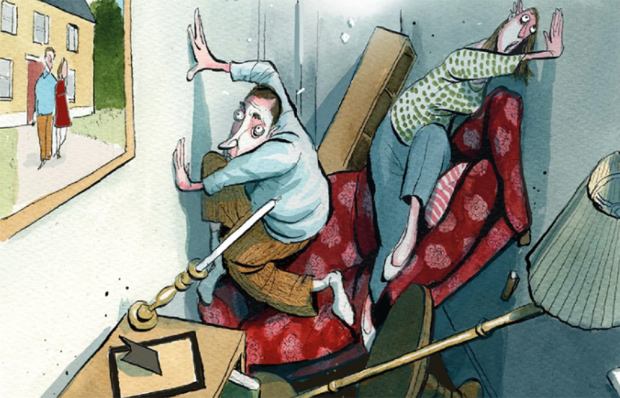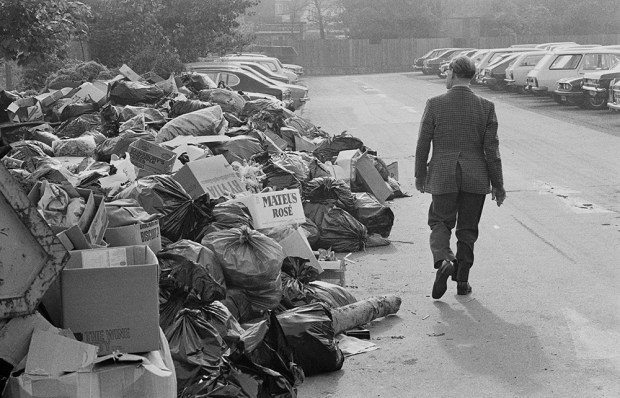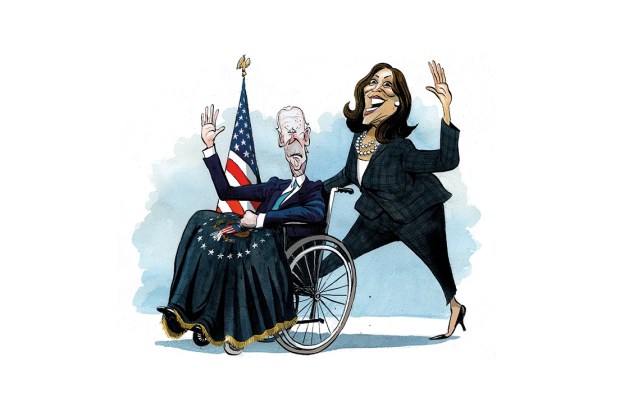Many people are gloomy about 2018.
But some things are improving every year…
Natural disasters
These killed 9,066 people in the world in 2017, fewer than any year since 1979. From 2008 to 2017 an average 72,020 died in such disasters. Fifty years earlier (the period 1958-67) the average was 373,453.
Life expectancy
The current lowest in the world is the Central African Republic with 51.4 years. To put that into perspective, in 1800 Belgium had the highest at just 40 years. Average life expectancy changes in Africa since 1955:
Year / Age
1955 / 38.7
1965 / 43.4
1975 / 47.6
1985 / 51.2
1995 / 51.9
2005 / 55.1
2015 / 61.6
Hunger
The number of people in the world classed as undernourished fell from 1.01 billion in 1991 to 815 million in 2016. This is despite the world’s population growing from 5.4 billion to 7.4 billion in the meantime.
Child labour
From 2000-2012 the percentage of children involved in regular economic activity in the world fell from 23 per cent to 17 per cent.
Democracy
The proportion of countries which are democracies rose from 24 per cent in 1976 to 58 per cent in 2016.
Every day around the world
— The number of people living in extreme poverty falls by 217,000.
— An extra 300,000 people gain access to a supply of fresh water.
— 325,000 more people gain access to an electricity supply.
Source for all the above: ourworldindata.org
Wronged men
Chris Grayling was initially wrongly named as the new Conservative party chairman. The mistake is far from unique:
— In 1997 Tony Blair made Bernard Donoughue agriculture minister after offering it to Brian Donohoe in error.
— In 2010 David Cameron appointed Lib Dem Ed Davey as a business minister. Tory Ed Vaizey says the post was first offered to him by mistake only to be taken away 30 minutes later.
Got something to add? Join the discussion and comment below.
Get 10 issues for just $10
Subscribe to The Spectator Australia today for the next 10 magazine issues, plus full online access, for just $10.
You might disagree with half of it, but you’ll enjoy reading all of it. Try your first month for free, then just $2 a week for the remainder of your first year.













Comments
Don't miss out
Join the conversation with other Spectator Australia readers. Subscribe to leave a comment.
SUBSCRIBEAlready a subscriber? Log in